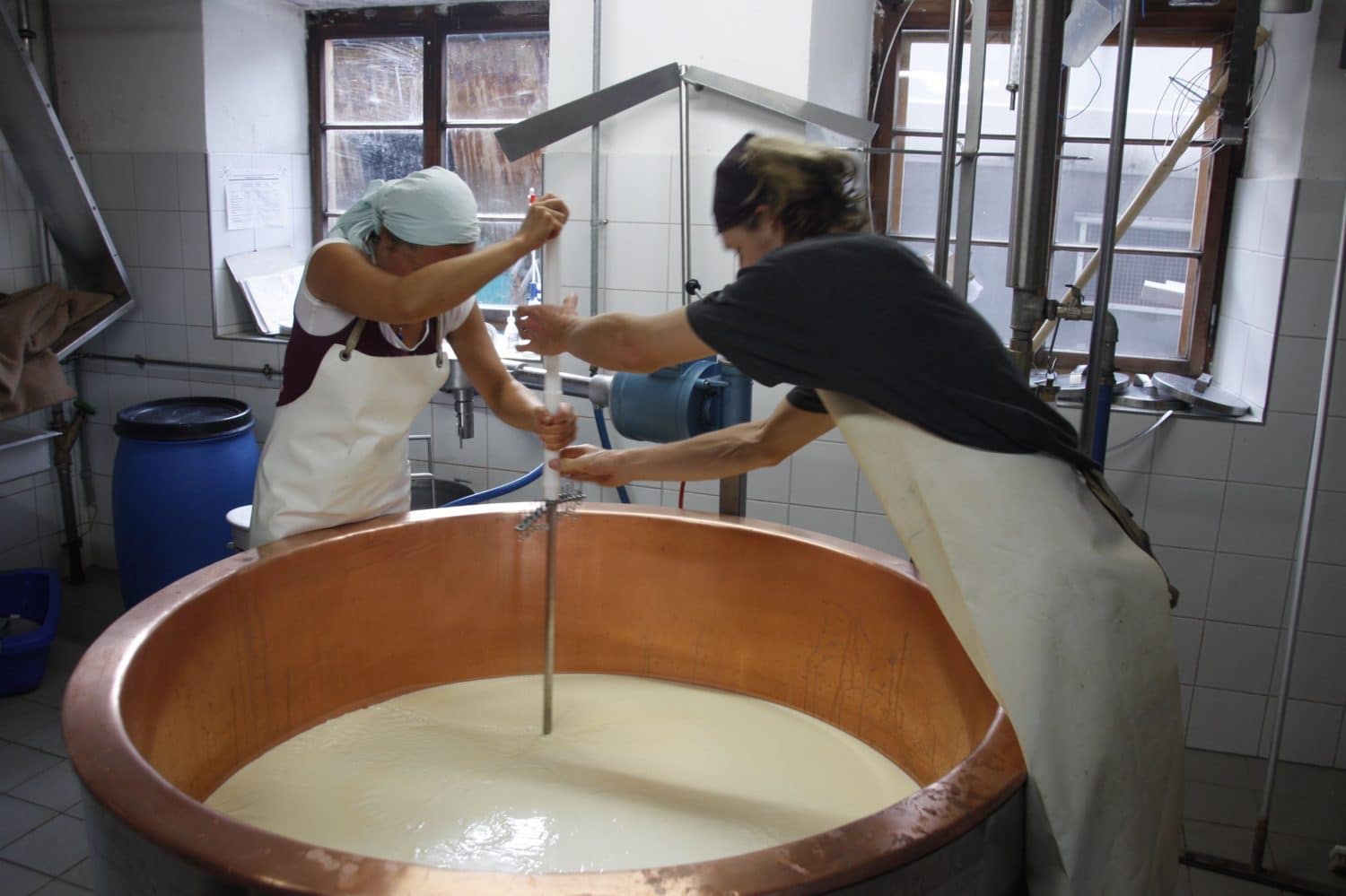Care or cure? Treatment or resilience?
The focus on either care or cure involves a fundamentally different view of health and health care. Tradition dating back to ancient China was that doctors were paid to keep the patient healthy. Naturally, there was no other options, prior to the development of effective drugs and operations. Herbal medicines were their main tools. Modern science-based health care (western medicine) has brought many benefits and saved lives. However, the western medicine often misses the broader and more holistic view of “care”, “healing” or “prevention”.
When you look at the strategy in the Covid-19 pandemic, we are using a global vaccination strategy to ultimately get the disease under control. Using war-type terminology and vaccination strategies to fight the virus attacker, fear is sown in people and other solutions are not or hardly discussed or promoted. Missing in the Covid-19 pandemic strategy in many countries is the role and significance of nutrition, foods, nutrients, but also the impact of underlying diseases, such as obesity, cardiovascular disease, or poor immune systems. The danger of using vaccination as the saving act for social functioning reduces the emphasis on improving our overall health to prevent future infectious disease challenges. There is still uncertainty regarding the duration of vaccination immunity and the ability of various vaccines to provide immunity to the various mutants of the Corona virus. Furthermore, the vaccines do not force us to lead a healthier balanced life that can prevent serious Covid-19 with hospitalization, chronic disability, and death.
Increasing our own resilience
Anatomy researcher Louis Bolk (1866-1930) wrote about the two sides of the binocular: to zoom-in to look at various details of a challenge and zoom-out to get an ecosystem view of a challenge. Both examples below show how zooming out leads to a different solution to a problem, condition or disease than simply eliminating the disease-causing organism.
A study in a group of children at a nursery started early in one fall. Some of the young children were fed a fermented drink made of sourdough bread, whereas other children were kept on the conventional diet (controls). During the flu season, the flu rate was many times lower in the children who drank the fermented beverage compared to controls. One explanation is that fermented products, such as sourdough drink, kefir or kombucha contain large amounts of live bacteria (probiotic), and their metabolic products (postbiotic). Fermented products improve the immunity of the mucosa (nose, intestine) and can prevent viruses and bacteria from entering the body.
During this corona pandemic, there are numerous studies across the world that has shown that deficiencies of VitD3 lead to reduced resistance to SARS-CoV2. Our indoor lifestyle and overzealous use of sunscreen may have led to premature death and chronic disability in many people due to Covid-19. Furthermore, our diets and obesity give rise to low vitamin D3 concentrations in the blood and thereby further reducing resistance to Covid-19. This indicates that our modern lifestyle lacking healthy sun exposure and outdoor activities are part of the blame of the Covid-19 clinical disease, and we cannot just blame the virus.
Care is based on lifestyle ecological systems
When focus shifts from cure to care, the focus is on the complete ecosystem of an individual including nutrition, living conditions, lifestyle, environment, emotional health, etc. The key to health is do determine how to support the body’s immunity and welfare. Weston A. Price, for example, investigated the experiential knowledge and habits of traditional communities where people were living in harmony with nature. These people lived in a time when dentists did not exist, and medical doctors were still mostly using herbs. There is a lot to learn from these ancient traditions about resilience, about promoting and supporting health through lifestyle and nutrition. What can we learn from this? What is (still) applicable to our urban society?
First of all: you have to start health promoting life already at conception. A lot of our immunological health is established at conception and prior to birth and the two first years of life, this is referred to as the first 1000 days of life (DOHAD principle). To maintain health, regular contact with bacteria, viruses and parasitesis important to develop and stimulate the immune system. Avoiding antibiotics, unless strictly necessary to combat life-threatening bacterial infection, is therefore important for life-long resilience and health. Living in a sterile environment and eating dead or highly processed food is not good for a good immunity (principle:a little dirt does not hurt). Eating nutrient-dense food, paying attention to sufficient intake of important ingredients, such as fat-soluble vitamins (A, D, E, K2), trace elements, probiotics, and fatty acids are your ultimate solution for maintaining a healthy and long life. Live by the principle of Socrates: let food be thy medicine and let thy medicine be thy food.
Photo: making of mountain cheese (Graubunden, CH)




